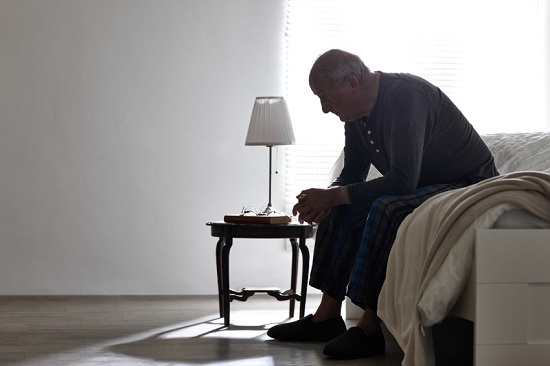
The negative effects of hearing loss appear obvious, such as the frustration of the chronic battle to hear and the impact this can have on relationships. But what if the consequences went deeper, and could actually influence your personality?
Research from the University of Gothenburg reveals that this may be the case. The researchers examined 400 men and women aged 80-98 over a six-year time period. The researchers assessed a number of physical, mental, social, and personality criteria through the duration of the study, including extroversion, or the tendency to be outgoing.
Unexpectedly, the researchers couldn’t link the reduction in extraversion to physical factors, cognitive decline, or social challenges. The one factor that could be connected to the decrease in extraversion was hearing loss.
While people typically become less outgoing as they get older, this study shows that the change is amplified in those with hearing loss.
The effects of social isolation
Reduced extraversion, which can lead to social isolation in the elderly, is a significant health risk. In fact, a meta-analysis of 148 studies analyzing the relationship between social isolation and mortality found that a shortage of supporting social relationships was linked with increased mortality rates.
Additionally, social isolation is a major risk factor for mental illness, including the onset of major depression. Going out less can also lead to decreased physical activity, leading to physical problems and weight issues, and the shortage of stimulation to the brain—normally received from group interaction and communication—can lead to cognitive decline.
How hearing loss can create social isolation
The health effects of social isolation are well established, and hearing loss seems to be linked to decreased social activity. The question is, what is it about hearing loss that tends to make people less disposed to be socially active?
The most evident answer is the trouble hearing loss can cause in group settings. For individuals with hearing loss, it can be exceptionally challenging to follow conversations when several people are speaking simultaneously and where there is a large amount of background noise.
The persistent struggle to hear can be exhausting, and it’s sometimes easier to forgo the activity than to battle through it. Hearing loss can also be embarrassing, and can produce a sense of alienation even if the person is physically part of a group.
For these reasons, among others, it’s no surprise that many individuals with hearing loss choose to avoid the difficulties of group communication and social activity.
What can be done?
Hearing loss triggers social isolation principally because of the trouble people have speaking and participating in group settings. To make the process easier for those with hearing loss, think about these tips:
- If you have hearing loss, think about using hearing aids. Today’s technology can treat virtually all instances of hearing loss, presenting the amplification necessary to more easily interact in group settings.
- If you have hearing loss, speak with the group in advance, educating them about your hearing loss and advocating ways to make communication easier.
- For those that know someone with hearing loss, try to make communication easier. Limit background noise, choose quiet areas for communication, and speak directly and clearly to the person with hearing loss.
With a little awareness, preparation, and the proper technology, we can all make communication a little easier for individuals with hearing loss.